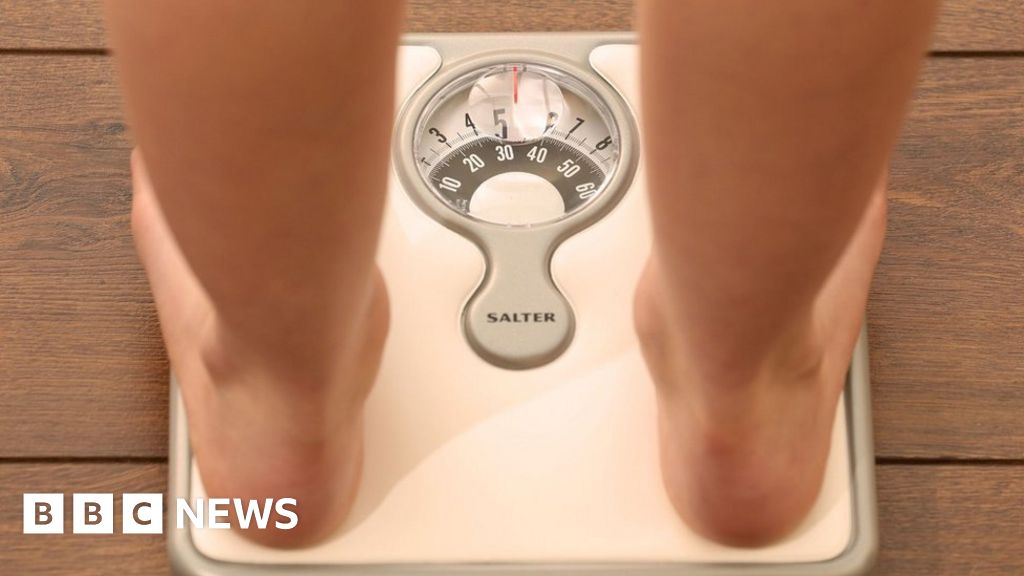Air Pollution Is Ruining Your Skin
In June last year, a series of devastating wildfires tore through the Canadian province of Quebec, sending huge plumes of acrid smoke drifting across North America. Three hundred miles away in Boston… [read more]
Background
Air pollution can have negative effects on the skin, and there is evidence to suggest that prolonged exposure to polluted air can contribute to various skin issues. Here are some ways in which air pollution can impact the skin:
- Premature Aging: Air pollution, particularly fine particulate matter (PM2.5) and other pollutants, can accelerate the aging of the skin. This is primarily due to the generation of free radicals, which can damage collagen and elastin fibers in the skin, leading to wrinkles and fine lines.
- Inflammation: Pollutants in the air, such as particulate matter and volatile organic compounds (VOCs), can trigger inflammatory responses in the skin. This inflammation may manifest as redness, irritation, and exacerbation of skin conditions like eczema and psoriasis.
- Hyperpigmentation: Long-term exposure to air pollution has been linked to an increased risk of hyperpigmentation, such as dark spots and uneven skin tone. This is attributed to the activation of melanocytes, the cells responsible for producing pigment in the skin.
- Dehydration: Air pollutants can compromise the skin’s natural barrier function, leading to increased water loss and dehydration. This can result in dry, flaky skin and exacerbate existing skin conditions.
- Impaired Skin Barrier: Air pollution can disrupt the skin’s protective barrier, allowing pollutants and allergens to penetrate more easily. This may lead to increased sensitivity, irritation, and a higher susceptibility to infections.
- Acne and Blemishes: Pollutants can contribute to clogged pores, leading to an increased risk of acne and other blemishes. The particles in the air can adhere to the skin and mix with sebum, creating a conducive environment for bacterial growth.
To protect your skin from the negative effects of air pollution, consider the following measures:
- Cleanse Regularly: A gentle, effective cleansing routine helps remove pollutants from the skin’s surface.
- Antioxidant Skincare: Use skincare products containing antioxidants, such as vitamins C and E, to help neutralize free radicals generated by pollution.
- Sunscreen: Sunscreen helps protect the skin from the harmful effects of ultraviolet (UV) rays, and some formulations may offer additional protection against environmental pollutants.
- Hydration: Keep the skin hydrated with moisturizers to support its natural barrier function.
- Avoid Peak Pollution Times: If possible, try to limit outdoor activities during times of high air pollution.






